The events of the past two years have dispelled any doubts about the need for NATO, writes Constanze Stelzenmüller. But these events also come at a time when the West is facing other momentous problems. NATO is necessary but not sufficient, she concludes. This post was originally written for the Halifax International Security Forum.
The events of the past two years have dispelled any doubts about the need for NATO. Russia’s annexation of Crimea, its support for the separatists fighting Ukrainian forces in the country’s east, its military buildup, its threats to NATO members over missile defense, its provocative encounters with NATO ships and aircraft, its loose talk on the use of nuclear weapons, its carpet-bombing of Syrian opposition forces and civilians, its ruthless prodding and exploitation of Western vulnerabilities including through cyber espionage and disinformation, its flaunting of international institutions and norms: all these have shown that the military arm of the alliance remains a necessary, indeed, existential element of the transatlantic relationship.
The summits in Wales and Warsaw reinforced alliance commitments to deterrence, defense and capabilities. Allies have responded accordingly, from contributing forces to the forward defense of the Baltic Republics to reviewing their security postures and increasing their defense budgets.
American and EU sanctions have been a potent reinforcement for allied resolve.
Russia’s goal is not imperialist in the sense of turning back the clock to before the demise of the Soviet Union and the Warsaw Pact; that would be impossible. It is, however, playing the role of a challenger and spoiler to the Western-led liberal international order.
And in Europe, its purposes are actively revisionist. It is seeking to stop the expansion of NATO and the European Union, and to reestablish spheres of influence in Central Asia and the EU’s eastern neighborhood. It is attempting to constrain and split the EU, and to undermine transatlantic resolve, with a view to pushing the United States out of Europe and the Middle East.
It is openly sympathizing with and abetting illiberal populist movements throughout the West. According to the U.S. intelligence services, it is even interfering in the American election campaign.
Russia’s internal dysfunctionality only adds to the volatility and instability. It increases the risk of the Kremlin using external meddling and aggression as a distraction from, or compensation for, its growing domestic weakness.
The material basis for its power (fossil fuel income and reserves) is dwindling; economic autarky is not an option. Two key elements of Soviet-style order – the Gulag and the Iron Curtain – are no longer available to the regime. Opposition can be repressed (or worse), but stealthy internal deportations would cause worldwide outrage.
Russians who no longer see a safe future in their own country can leave; the exodus is already taking place. The slow decline and disintegration of the Russian polity is by itself an enormous long-term challenge to Europe.
All this comes at a time when the West is facing other momentous problems: combating ISIS in North Africa and the Middle East amidst a hemorrhaging humanitarian crisis in Syria and fears of failed states and disintegrating regional orders; countering jihadist terrorism; and managing the refugee and migrant crisis.
Increasingly, the postwar Western liberal consensus – based on globalization, integration and free trade, protection of fundamental rights, representative democracy, market economics and decent, equitable social contracts – is also contested from within. In Europe and in America, outward-looking elites find themselves on the defensive against culture warriors, ethno-nationalists, identitarians, authoritarians, trade protectionists and populists of all stripes. Stagnant economies and the prospect of radical changes in the jobs market brought on by automation are unnerving middle-class voters. Stunningly, a U.S. Presidential candidate questioned the value of alliances, and denied fundamental constitutional principles.
These are challenges of historic proportions. NATO, by virtue of its remit and capabilities, can only address their military dimension, even if it does so by stretching out into nontraditional fields like cyber defense and countering hybrid warfare. Many other challenges, however, are not amenable to the application of hard power. Yet they are no less urgent. Indeed, Russian nonmilitary interference – because it exploits existing vulnerabilities, is far less costly, and more difficult to attribute – is a clear and present concern. But so are the West’s own weaknesses, which it must face up to in any case.
None of this is to suggest that the Western liberal order has run out of steam. Nor, for that matter, have American democracy, the European Union or NATO. They remain a monumental civilizational achievement and an inspiration, as the membership aspirations of neighbors and the hopes of countless refugees attest.
But the members of the alliance will have to look to the resilience and legitimacy of their own institutions, economies and social contracts. And they must explore new forms of consultation and cooperation to grapple with these new challenges.
So, yes, NATO is necessary. But it isn’t sufficient.
The Brookings Institution is committed to quality, independence, and impact.
We are supported by a diverse array of funders. In line with our values and policies, each Brookings publication represents the sole views of its author(s).

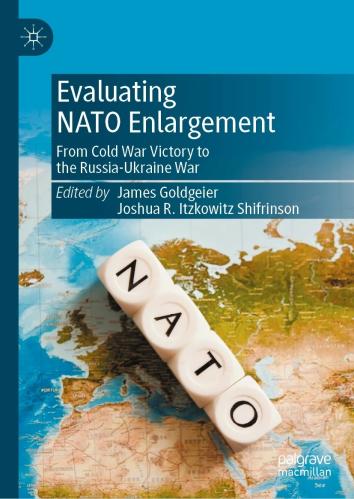
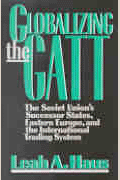
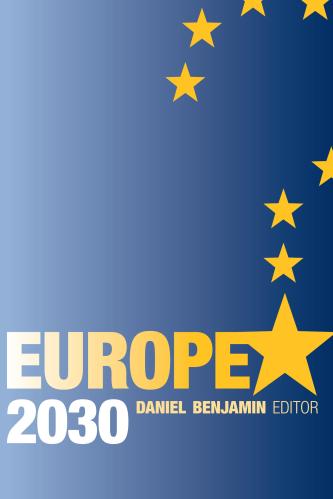
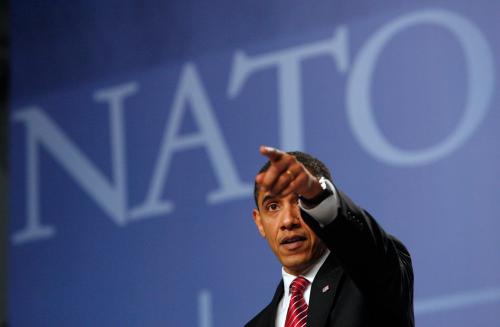
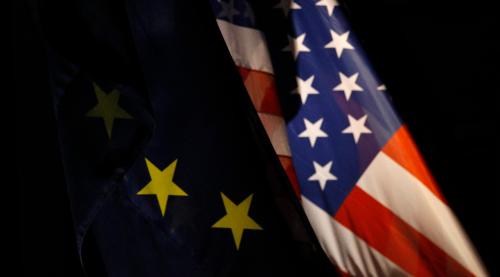
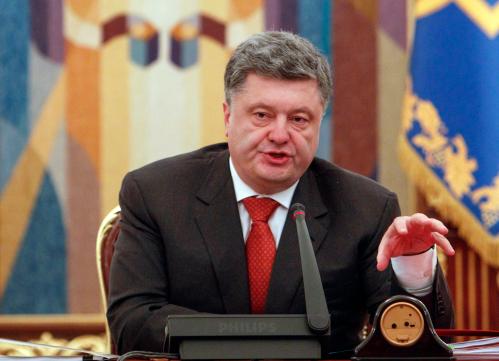




Commentary
NATO: Necessary but not sufficient
December 7, 2016